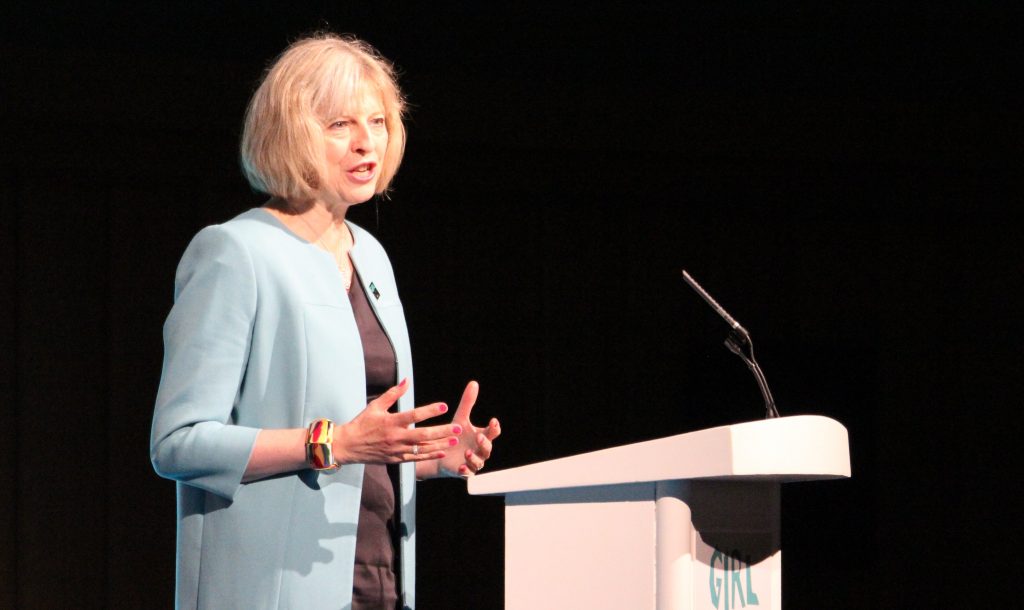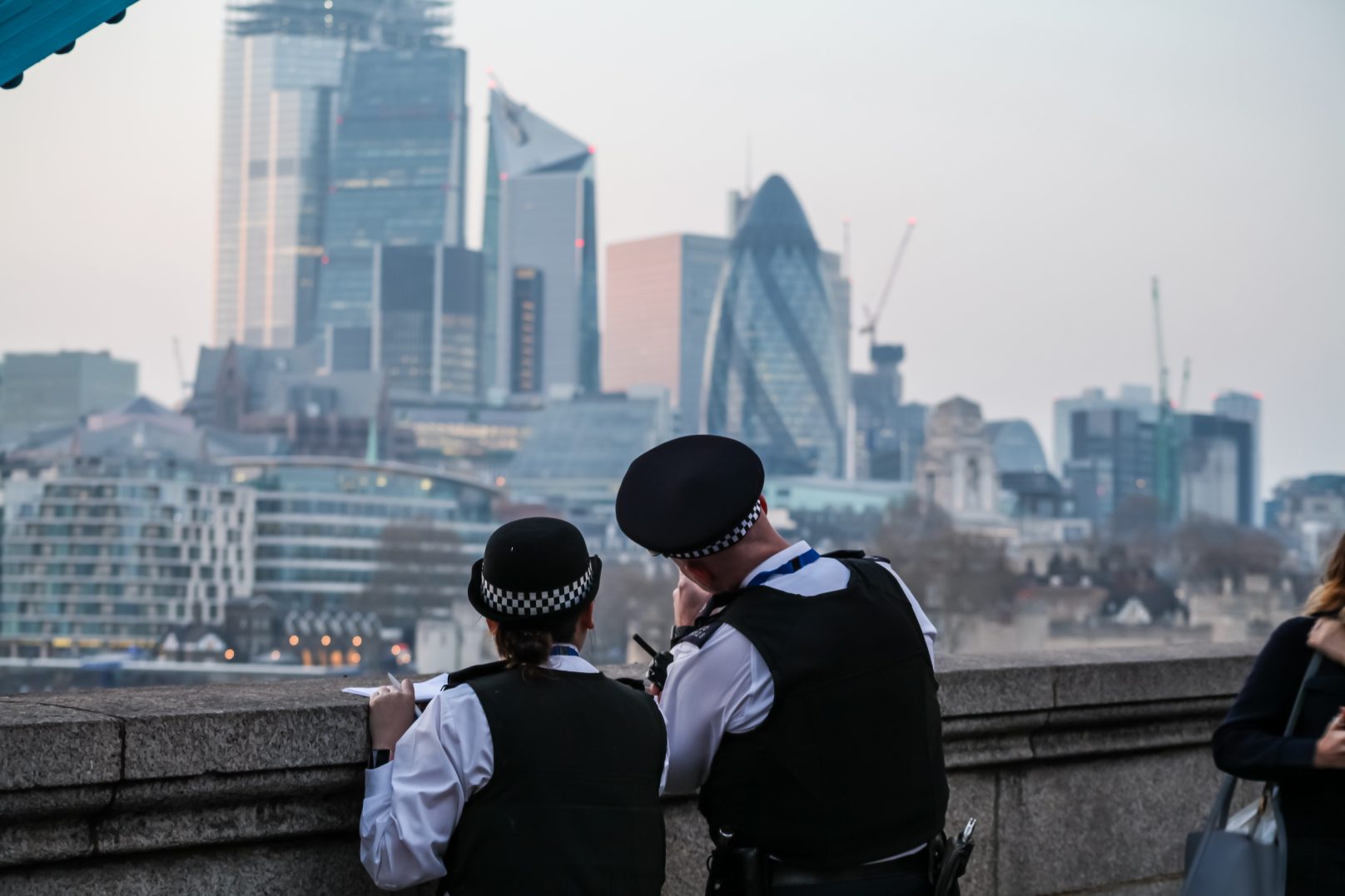Police in England and Wales are being given greater stop and search powers to tackle rising knife crime, after fatal stabbings rose last year to the highest point since records began.
In a move that’s been described as “disappointing and regressive” by campaigners, home secretary Sajid Javid is making it easier for officers to search people without reasonable suspicion in places where serious violence may occur.
The change is being trialled in seven police force areas where more than 60 per cent of knife crime occurs: London, the West Midlands, Merseyside, South Yorkshire, West Yorkshire, South Wales and Greater Manchester.
Mr Javid said: “The police are on the front line in the battle against serious violence and it’s vital we give them the right tools to do their jobs.”
This Is ‘About Politics Not Saving Lives’
 The new rules have been introduced by home secretary Sajid Javid. Credit: Flickr/Horasis
The new rules have been introduced by home secretary Sajid Javid. Credit: Flickr/Horasis
The new rules make it easier to use so-called ‘section 60’ checks. Under the use of section 60, officers can search anyone in a certain area to prevent violent crime for a limited period of time.
The change will also allow inspectors to authorise the use of section 60, whereas currently, more senior officers have to give approval.
There will also be a lower threshold, with police only needing to reasonably believe serious violence “may” occur, not that it “will”.
Other powers which account for the majority of searches will remain the same, and will still require officers to have reasonable suspicion of an offence.
Stop and search powers have long been controversial, with evidence that they are frequently misused, that they target black people disproportionately, and that they could, in fact, fuel crime and exclusion.
Commenting on the changes, shadow home secretary Diane Abbott said evidence-based stop and search was “a very important tool for police,” but added that random stop and search, “is not effective in bringing down levels of knife crime.”
Katrina Ffrench, chief executive of StopWatch, which campaigns against excessive use of stop and search, told the BBC: “This decision is a disappointing and regressive move, which is about politics not saving lives.”
Removing the need for reasonable suspicion “will not only exacerbate the racial disparity, but has the potential to further damage the relationship between the black community and the police,” she said.
New @StopWatchUK & @release_drugs report finds black people are 9x more likely to be stopped & searched for drugs, but less likely to be found carrying drugs than white people.
Report here: https://t.co/QdNcpq9XhR
— Liberty (@libertyhq) October 15, 2018
The use of stop and search has fallen in England and Wales from a peak of 1.4m ten years ago to 277,378 last year.
The numbers of searches fell for every ethnic group, but ethnic and racial inequality has grown.
In 2014-15 black people were four times more likely to be searched than white people, while in 2017-18, they were 9.5 times as likely to be targeted.
Speaking to RightsInfo in September 2018, Amal Ali, youth coordinator at Release, a drugs and drugs law charity, called stop and search a “baseless solution for deeper multi-faceted issues.”
“The young black and ethnic minority people we work with through our youth-led stop and search project ‘Y-Stop’, often share experiences of mistrust in the police that are frustrated by police harassment and profiling,” she continued.
A data study for the College of Policing into a decade of London stop and searches found them to be “inconsistent” and “weak” as a deterrent.
An Important Tool Or Unfair?
 Theresa May made changes to stop and search in 2014. Credit: Russell Watkins/Wikimedia
Theresa May made changes to stop and search in 2014. Credit: Russell Watkins/Wikimedia
The extra powers reverse a key change made by Theresa May in 2014 as home secretary, when she introduced a revised code of conduct after an inquiry examined thousands of police searches and found 27% may have been illegal.
When misused, “nobody wins,” she said of stop and search at the time, adding that, “it is unfair, especially to young black men.”
Under Article 14 of the Human Rights Convention, we have a right not to be discriminated against, and to enjoy all rights and freedoms regardless of characteristics including race, gender and religion.
Ministers have come under increasing pressure to tackle knife crime, with 285 deaths from stabbings in 2017-18, the most ever recorded in the UK.
Reflecting on the recent announcement, the prime minister said the powers were “an important tool in the fight against knife crime”.
Officers in London had increased the use of section 60 over the past 18 months, according to Metropolitan Police Commissioner Cressida Dick, following 132 deaths from stabbings in the capital during 2017-18.
She said: “Stop and search is an extremely important power for the police. It is undoubtedly a part of our increasing results suppressing levels of violence and knife crime.”
Featured Image Credit: Ollie Cole/@ProducerOllie







